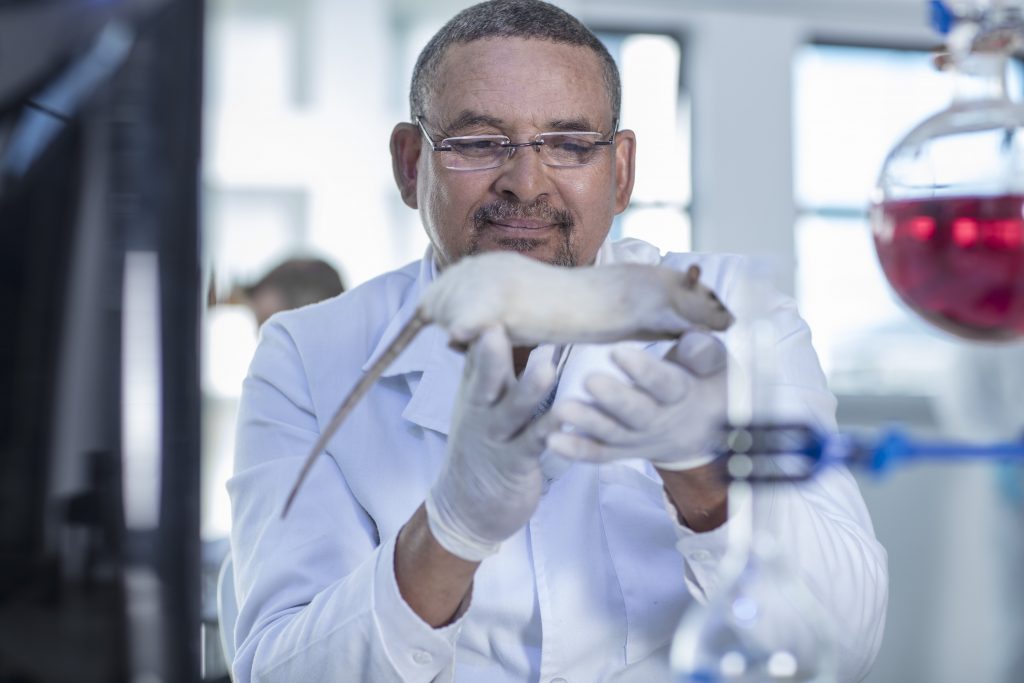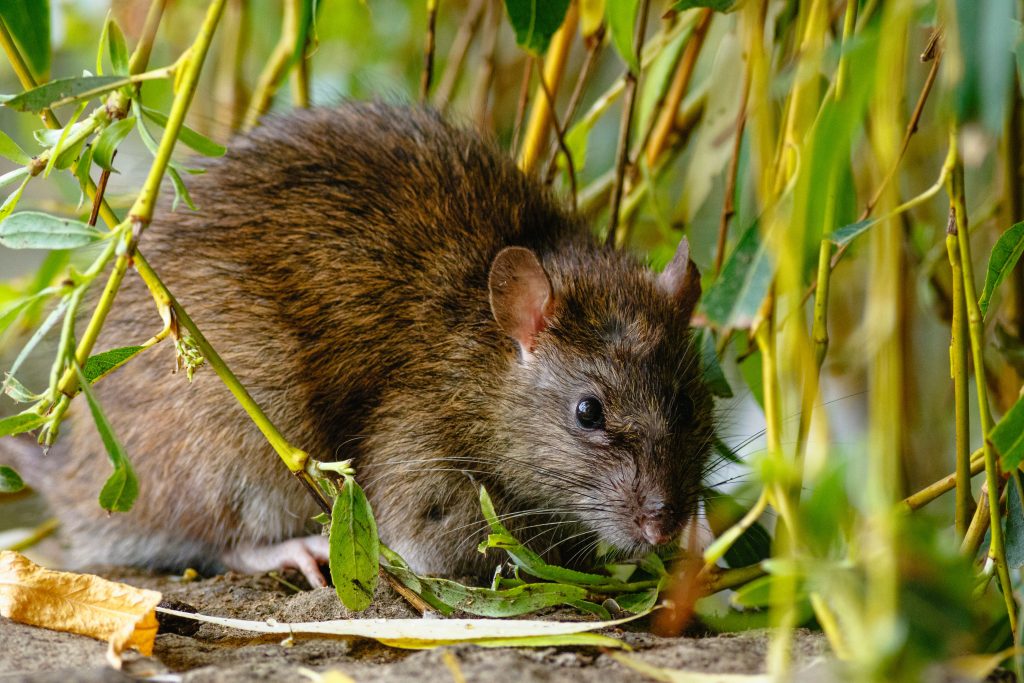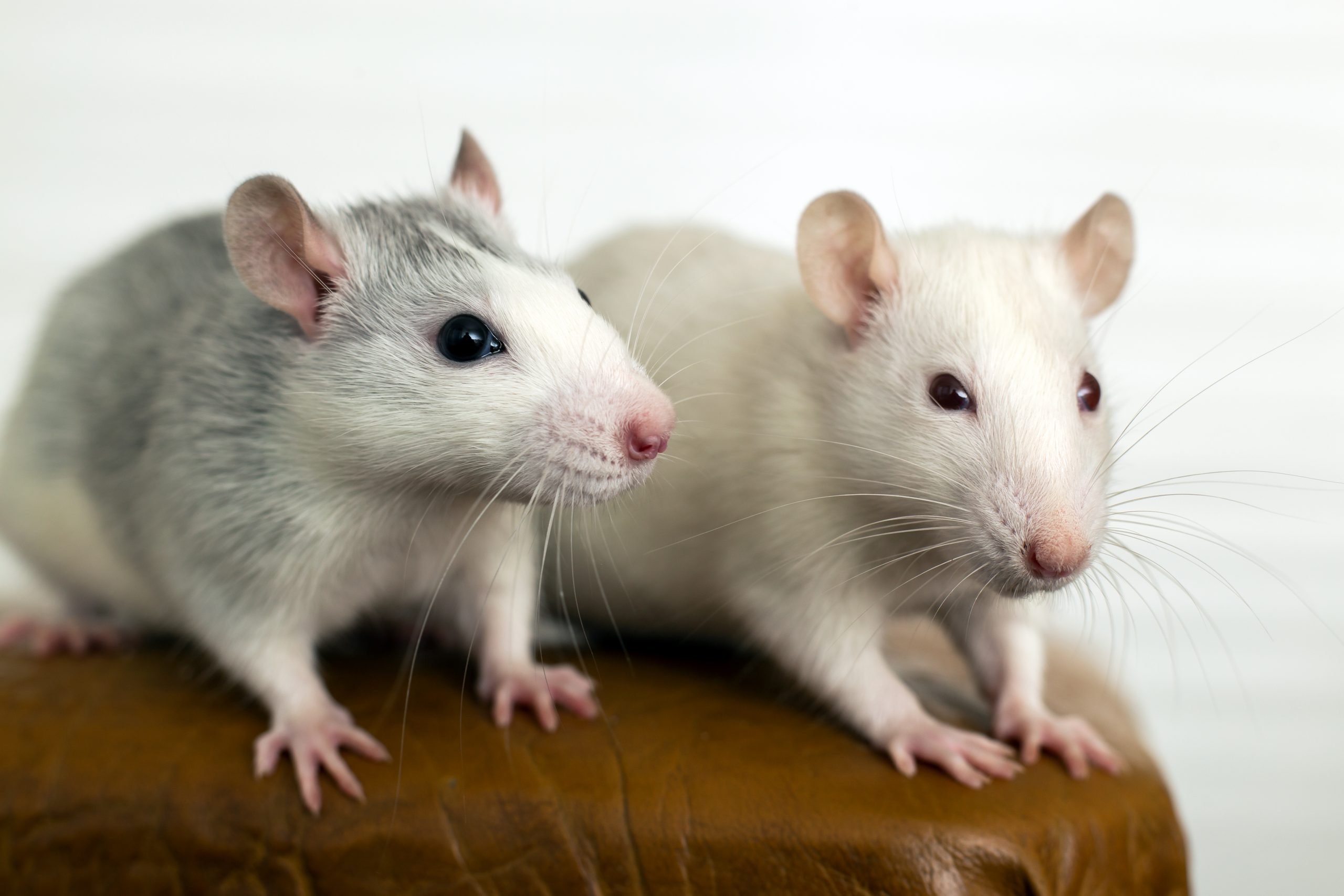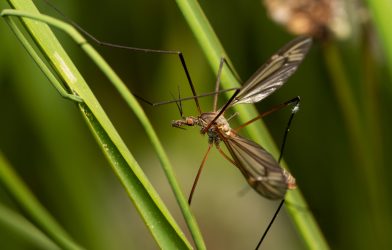Rats often get a bad reputation, associated with disease, urban decay, or simply pests. However, beneath this negative image lies a surprising truth: rats play an essential role in ecosystems, scientific research, and disaster detection. These resilient creatures are far more than a nuisance—they are vital to both nature and human progress.
Environmental Balancers
Rats are important members of many ecosystems, serving as scavengers and natural waste managers. In urban environments, they consume discarded food and organic waste, reducing the buildup of decaying material. This scavenging behaviour helps minimize the spread of disease and harmful bacteria that thrive in decomposing waste. Without them, trash and organic debris would accumulate much faster, potentially attracting more harmful pests and pathogens.
In addition, rats serve as food for many predators, including owls, snakes, hawks, and foxes. Their presence supports the food chain, allowing these predators to thrive. In rural and forested areas, rats also help disperse seeds, aiding in plant reproduction and maintaining biodiversity. Their burrowing habits can aerate the soil, improving its fertility and structure, which indirectly supports plant growth.

Scientific Research and Medical Advances
Rats have contributed more to human health than most realize. In scientific research, rats are often used because their physiology and genetic makeup are similar to humans in key ways. This makes them invaluable in studying complex human diseases, such as cancer, diabetes, and heart disease.
For instance, rats have been instrumental in developing treatments for Parkinson’s disease, Alzheimer’s, and various cancers. Scientists use them to test the effectiveness of new drugs and therapies before moving on to human trials, ensuring that these treatments are safe and effective. Their fast reproduction rate also makes them ideal for genetic studies, allowing researchers to quickly observe how certain traits or conditions are passed from one generation to the next.
Rats have been used extensively in neurological studies to understand brain function, memory, and behaviour. For example, the famous “maze” experiments have provided significant insights into learning and memory, helping scientists understand how these processes work in humans.
Disaster Detection and Recovery
Rats are now being trained for heroic roles in disaster recovery. Their small size and agility allow them to navigate through rubble and debris in the aftermath of earthquakes, bombings, or building collapses. Equipped with small, lightweight sensors, these rats can quickly locate survivors who might be trapped in hard-to-reach places, making them more efficient than traditional search-and-rescue methods in certain situations.
In addition to search-and-rescue, rats are also being trained to detect landmines. For example, the non-profit organization APOPO trains African giant pouched rats to sniff out the scent of TNT. These rats are light enough not to trigger the explosives but sensitive enough to find landmines buried underground, making them invaluable in demining operations around the world. Their work has saved countless lives in countries still riddled with landmines left from past conflicts.
Moreover, rats have proven effective in medical detection. Their acute sense of smell enables them to identify diseases such as tuberculosis from samples of sputum with remarkable accuracy. This ability could revolutionize early disease detection in developing countries where access to medical resources is limited.

Agricultural Helpers
Rats, often regarded as pests in agricultural settings, can contribute positively to farming ecosystems. In controlled environments, they act as natural pest controllers, feeding on insects and small pests that damage crops. By preying on these agricultural pests, rats help reduce the need for chemical pesticides, making farming more sustainable and environmentally friendly.
Moreover, certain species of rats, such as the bamboo rat, can help aerate soil through their digging activities. This enhances soil health, allowing crops to grow more robustly. Their burrowing also helps in soil mixing, which distributes nutrients more evenly, promoting better crop yield.
While there are challenges with rat populations in agriculture, innovative pest management techniques, such as encouraging predators like owls, can create a balanced ecosystem where rats play a beneficial role.
Potential in Studying Behavior and Psychology
Rats have long been a staple of psychological research, providing insights into learning, memory, and social behaviour. Experiments involving rats have led to groundbreaking discoveries about reinforcement, conditioning, and how habits are formed—knowledge that has had profound implications for human psychology.
One of the most famous examples of rat research is the Skinner box, where rats were used to study operant conditioning. This experiment demonstrated how behaviours could be shaped through reinforcement and punishment, offering insights into addiction, habit formation, and learning processes in humans.
In addition to studies on individual behaviour, rats are used to understand social behaviour and hierarchy. Researchers observe how rats interact in groups, how they form social bonds, and how stress affects their behaviour. These studies have provided important data on human conditions like depression, anxiety, and social behaviour disorders. Rats have even been used to model psychiatric conditions such as schizophrenia and autism, helping scientists develop treatments for these disorders.
While they may seem like mere pests, rats are indispensable to our world in ways most of us overlook. From supporting ecosystems to advancing medical research and aiding in disaster relief, rats are unsung heroes who serve humanity and the planet in numerous ways. It’s time to reframe how we think about these clever, resilient creatures and recognize their value—not just as nuisances, but as key players in our collective future.














